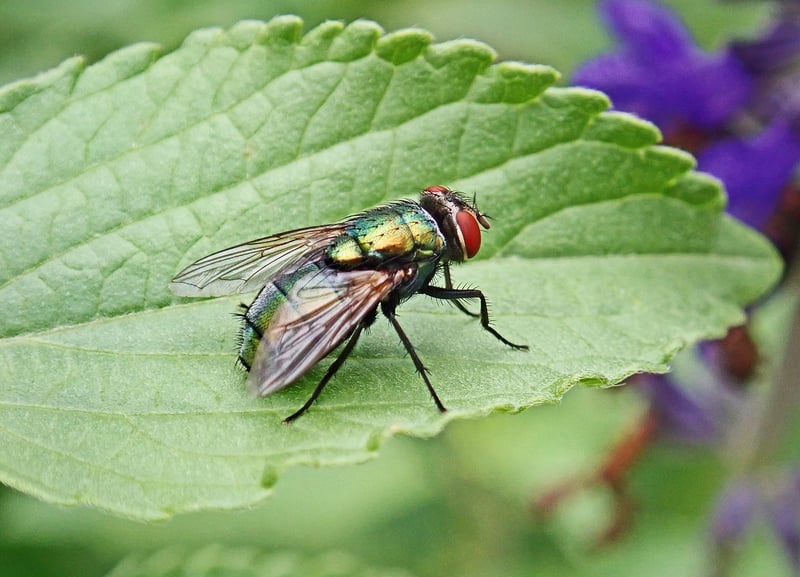Checking for Pests
Essential Tips for Caring for Vertical Gardens and Checking for Pests
Caring for Vertical Gardens
Vertical gardens are a beautiful way to bring greenery into small spaces and create a stunning visual impact. However, they require proper care to thrive and stay healthy. Here are some essential tips for caring for vertical gardens:
1. Watering
Ensure your vertical garden receives adequate water. The vertical setup may require more frequent watering than traditional gardens due to increased evaporation. Check the moisture levels regularly and adjust your watering schedule accordingly.
2. Fertilizing
Provide your vertical garden with the necessary nutrients by fertilizing it regularly. Choose a balanced fertilizer suitable for the types of plants in your vertical garden and follow the instructions for application.
3. Pruning and Trimming
Regularly inspect your vertical garden for overgrown or damaged foliage. Prune and trim plants as needed to promote healthy growth and prevent overcrowding. This will also help improve air circulation within the garden.
4. Sunlight Exposure
Ensure that your vertical garden receives adequate sunlight based on the light requirements of the plants. Monitor the sun exposure throughout the day and adjust the placement of your garden if needed to optimize light levels.
Checking for Pests
Pests can quickly damage plants in a vertical garden if left unchecked. Regularly inspect your vertical setup for signs of pests and take appropriate action to prevent infestations. Here are some tips for checking for pests:
1. Visual Inspection
Look for visible signs of pests such as holes in leaves, webbing, or discoloration. Inspect both the top and bottom of leaves, along stems, and in crevices where pests may hide.
2. Use of Natural Predators
Introduce beneficial insects like ladybugs or lacewings to control pest populations in your vertical garden. These natural predators can help keep pest numbers in check without the need for chemical interventions.
3. Organic Pest Control
If pest infestations occur, consider using organic pest control methods such as neem oil spray or insecticidal soap. These options are safer for your plants and the environment compared to synthetic pesticides.
By following these tips for caring for your vertical garden and checking for pests, you can help ensure that your vertical setup remains healthy and vibrant.

For more information on vertical gardening and pest management, check out Royal Horticultural Society.
